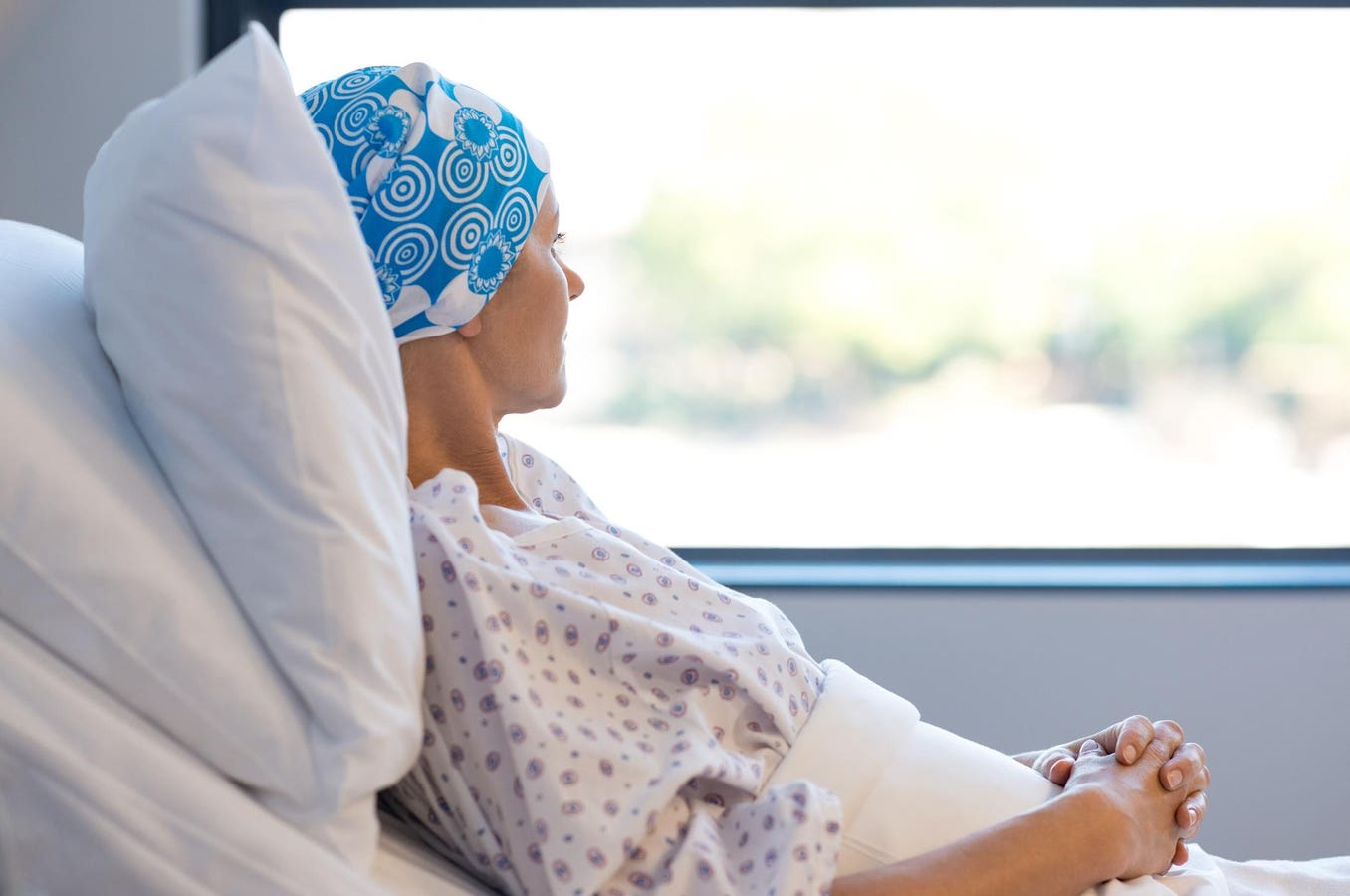Breast cancer survivors are more likely to develop a second form of cancer if they live in the poorest parts of England.
A study of nearly 600,000 people also revealed younger patients were at a higher risk of getting another cancer after having survived breast cancer.
Delving into 25 years’ worth of medical records from England’s public health system, the researchers from Cambridge University found that women who lived in the most deprived parts of England had a 35% higher overall risk of developing second cancers than those living in the wealthiest areas.
They had a much higher chance of developing certain kinds of cancer, including lung (166% higher), stomach (78% higher) and kidney (43% higher).
Women diagnosed with breast cancer under the age of 50 were also more likely to develop a second cancer. They had a 86% greater chance of getting another form of the disease than the general female population, while those diagnosed over 50 had a 17% higher chance.
Scientists already knew that survivors of breast cancer had a heightened chance of developing another primary cancer in the future. But this research sheds far more light on that risk.
It found that women who’d survived breast cancer were 87% more likely to develop endometrial cancer than women who had never had the disease.
They were also 58% more likely to develop endometrial cancer, twice as likely to develop cancer in the unaffected breast and 25% more likely to get ovarian cancer.
Men who had survived breast cancer were more likely than the general male population to develop cancers including prostate and thyroid.
But the overall number of affected men was relatively low. The cohort included around 580,000 women and 3,500 men.
Study author Isaac Allen from the department of public health and primary care at the University of Cambridge said: “This is the biggest study ever to examine second cancers after breast cancer and the first to show that women diagnosed with breast cancer in deprived regions are more likely to get second cancers.”
The study is observational, so it can’t establish why some people are more likely to develop a second form of cancer than others.
“Many cancers are caused by deprivation,” he added, “but more research is clearly needed to identify the specific factors driving the higher risks and how best to reduce these inequalities.”
Oncologist and cancer campaigner Pat Price told the Guardian that “a dedicated cancer plan” was needed to tackle the health inequalities that seem to increase rates of the disease.
“Where one comes from or their socioeconomic status should not determine the chances of developing or surviving cancer,” she told the newspaper.
Health inequality is a major topic of concern in the U.K., which has seen health gaps widen between the richest and poorest in recent years.
Nearly 15 years ago, a landmark report on the social factors that influence health called on the government to tackle inequality to boost public health.
But a follow-up report published a decade later showed that inequalities had actually widened, with markers like the gap in life expectancy between the richest and the poorest getting worse.
Covid-19, which disproportionately affected those living in deprived areas, refocused public attention on the issue. A 2022 restructuring of health commissioners in England was designed, in part, to help reduce health inequalities at a local level.
But for now, deprivation continues to impact patients across the country. Beyond risk factors and outcomes for disease, it impacts a patient’s access to care — even in a country that provides free cancer treatment.
Earlier this month, a Lancet report showed that many people with breast cancer found it hard to pay for “hidden costs” attached to their care.
While public cancer treatment is free in the U.K., patients often rack up other expenses like travel fares.
The Lancet Breast Cancer Commission found that about 20% of patients with early breast cancer and 25% with metastatic breast cancer found it hard to cover the cost of travel.
Read the full article here





